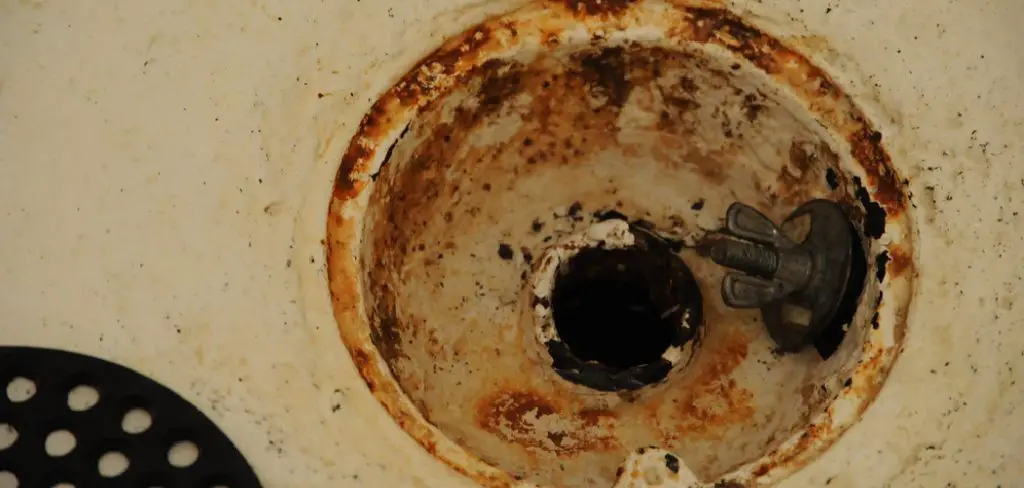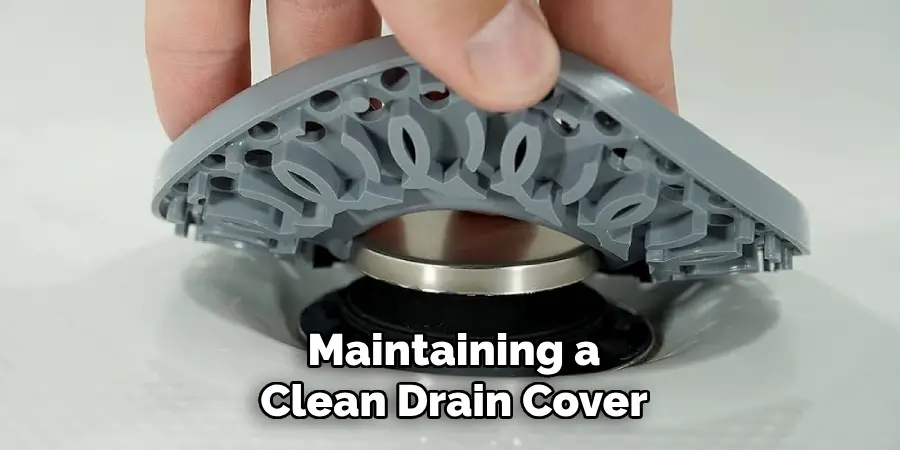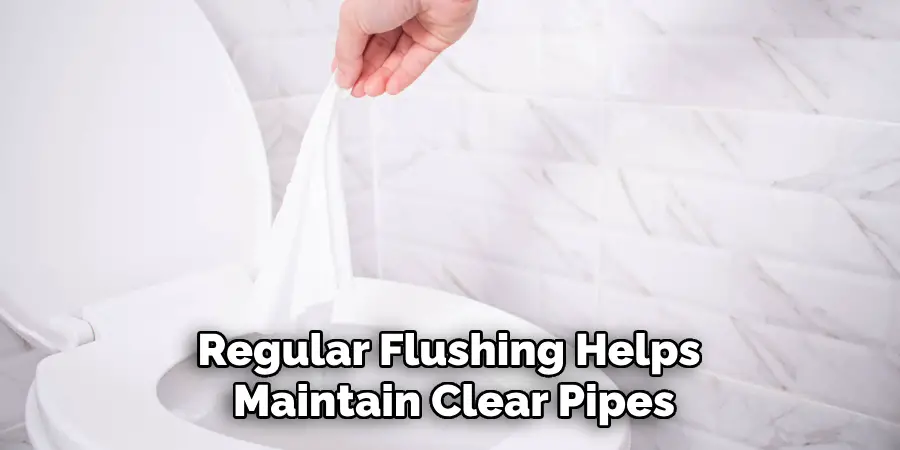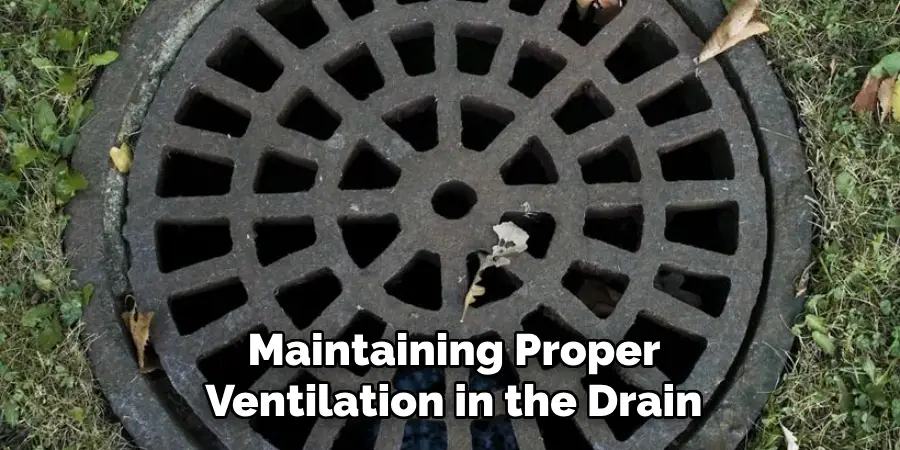Maintaining a functional shower drain is essential for a clean and hygienic bathroom environment. Clogged drains can lead to a host of issues, including slow drainage that disrupts your daily routine, potential water damage to surrounding structures, and unpleasant odors that make your shower experience less enjoyable.

By understanding how to keep shower drain from clogging, homeowners can avoid these common problems. This article will explore various methods and tips for preventing shower drain clogs, including regular maintenance practices, proper shower habits, and the use of effective cleaning solutions. By implementing these strategies, you can ensure that your shower remains in optimal condition, fostering a clean and pleasant bathing space while avoiding costly repair bills.
Regular Maintenance Practices
Use a Drain Cover or Hair Catcher
- How to Do It: Install a drain cover or hair catcher over the shower drain to effectively capture hair and debris before they can enter the plumbing system. Ensure that the cover fits snugly and is appropriate for your shower’s design.
- Why It’s Important: By preventing hair and larger particles from entering the drain, you significantly reduce the risk of clogs forming in the pipes. This simple yet effective measure acts as the first line of defense against potential drain issues, helping maintain a clear and functional drainage system.
Clean the Drain Cover Regularly
- How to Do It: Make a habit of removing and cleaning the drain cover or hair catcher on a weekly basis. Simply rinse it under hot water to dislodge any trapped hair and debris, and use a soft brush if necessary to ensure it’s thoroughly clean.
- Why It’s Important: Regular cleaning keeps the cover effective and prevents the buildup of debris that could lead to clogs. By maintaining a clean drain cover, you enhance the overall efficiency of your shower’s drainage system and extend the time between more intensive cleaning and maintenance efforts.

How to Keep Shower Drain from Clogging: Proper Shower Habits
Rinse Off Excess Hair and Debris
- How to Do It: Rinse hair and soap scum off thoroughly before getting out of the shower. A handheld showerhead can be particularly effective, as it allows you to direct excess debris towards the drain, ensuring that remnants are washed away.
- Why It’s Important: By taking the time to rinse thoroughly, you significantly reduce the amount of hair, soap scum, and other debris that enters the drain and accumulates in the pipes. This preventative step helps maintain better drainage and minimizes the chances of clogs forming over time.
Avoid Pouring Grease or Oils Down the Drain
- How to Do It: Dispose of any grease, oils, and fatty substances in the trash instead of pouring them down the drain. Consider using a container to catch oils while cooking, allowing you to discard them properly.
- Why It’s Important: Grease and oils can solidify in the plumbing system, leading to serious blockages. By ensuring these substances do not enter the drainage system, you protect your pipes and maintain efficient drainage, ultimately helping to prevent larger plumbing issues.
Regular Cleaning and Maintenance
Step 1: Use Baking Soda and Vinegar
- How to Do It: Pour a cup of baking soda followed by a cup of vinegar down the drain. Allow the mixture to sit for 15-30 minutes to let the reaction occur, then flush the drain with hot water to clear any remaining residue.
- Why It’s Effective: The chemical reaction between baking soda and vinegar produces carbon dioxide, which can help to dislodge clogs while breaking down soap scum and other buildup. This natural solution not only cleans the drain but also neutralizes odors, keeping your shower fresh and pleasant.
Step 2: Flush with Hot Water
- How to Do It: Make it a routine to flush the drain with hot water at least once a week. Simply run hot tap water down the drain for several minutes to ensure a thorough wash.
- Why It’s Effective: Hot water is excellent for dissolving grease and soap scum that may accumulate in your drainage system over time. Regular flushing helps maintain clear pipes and prevents the buildup of materials that can lead to clogs, ensuring smooth and efficient drainage.

Step 3: Use a Drain Brush or Plumber’s Snake
- How to Do It: Periodically, use a drain brush or a plumber’s snake to physically clean the drain. Insert the brush or snake into the drain and gently move it to dislodge any hair, debris, or clogs that have formed. Be careful not to damage the pipes in the process, and remove any collected materials from the tool after use.
- Why It’s Effective: While chemical methods are useful, they may not reach deeper clogs. A drain brush or plumber’s snake can penetrate further into the plumbing system, effectively removing hair and debris that other cleaning methods cannot reach. This physical cleaning ensures that your drain remains clear and reduces the likelihood of future clogs, enhancing the longevity of your drainage system.
Addressing Common Issues
Slow Drainage
Slow drainage is a frequent issue that can disrupt your shower experience. Possible causes include the buildup of hair, soap scum, or grease, which can impede the flow of water through the pipes. To address this problem, start by using a combination of baking soda and vinegar to break down the buildup.
Pour a cup of baking soda down the drain, followed by a cup of vinegar, allow it to sit, and then flush with hot water. If slow drainage persists despite these efforts, consider using a plumber’s snake to reach and remove deeper clogs that may not be accessible through chemical methods.
Unpleasant Odors
Unpleasant odors emanating from the shower drain can stem from organic material decay or trapped debris. To eliminate these smells, begin by cleaning the drain cover and flushing the drain with hot water to remove any stuck particles. Following this, use the baking soda and vinegar method to neutralize odors effectively.
Maintaining proper ventilation in the drain area also plays a crucial role in preventing future odor buildup. By incorporating these practices, you can help ensure that your shower remains fresh and inviting, free from the discomfort of persistent smells.

Preventative Measures
Regular Inspections
- How to Do It: Make a habit of inspecting the shower drain and pipes at least once a month. Look for signs of slow drainage, any visible buildup of hair or soap scum, and check for leaks or dampness around the plumbing fixtures. If you notice any irregularities, address them promptly to prevent clogs from forming.
- Why It’s Important: Early detection of potential problems allows for timely intervention, which can prevent major clogs and reduce the need for extensive maintenance efforts later on. Regular inspections not only save you from inconvenient blockages but also help keep your plumbing system functioning efficiently.
Professional Cleaning
- How to Do It: Consider scheduling periodic professional drain cleaning services, ideally at least once a year. Professionals will use specialized tools and techniques to ensure that your pipes are thoroughly cleaned and maintained.
- Why It’s Important: Professional cleaning can effectively address deeper issues that typical home methods might not reach, ensuring that any buildup within the plumbing system is properly dealt with. This proactive measure helps to maintain the optimal condition of your drainage system, significantly extending the lifespan of your pipes and preventing unforeseen plumbing emergencies.
When to Call a Professional
Persistent Clogs or Slow Drainage
If regular cleaning methods do not resolve the issue or if you experience persistent clogs, it’s best to consult a professional plumber. They have the necessary tools and expertise to thoroughly assess the situation and implement more advanced techniques to effectively clear stubborn blockages. Waiting too long can lead to more significant plumbing problems and costly repairs, so don’t hesitate to seek help if you notice recurring drainage issues.

Complex Issues
For complex plumbing problems, such as foul smells that persist after cleaning or slow drainage that seems to worsen, seek professional assistance. A qualified plumber can diagnose underlying issues, such as pipe damage or deeper blockages, that may go unnoticed. Tackling these problems early with experts prevents further complications and ensures your drainage system functions smoothly and efficiently.
Conclusion
In summary, understanding how to keep shower drain from clogging revolves around a few key methods. Regular maintenance practices, such as flushing the drain with hot water and using a drain brush, are vital in preventing buildup. Additionally, addressing common issues like slow drainage and unpleasant odors promptly can help maintain the functionality of your shower. It’s crucial to develop good habits, such as conducting monthly inspections and scheduling professional cleanings at least once a year.
Proactive measures ensure that your drainage system remains clear, avoiding costly repairs in the long run. Finally, we encourage readers to adopt consistent cleaning habits and stay vigilant for any signs of drainage issues, as timely action is essential for a clog-free shower experience. By prioritizing these strategies, you can enjoy a pleasant and efficient shower experience for years to come.
